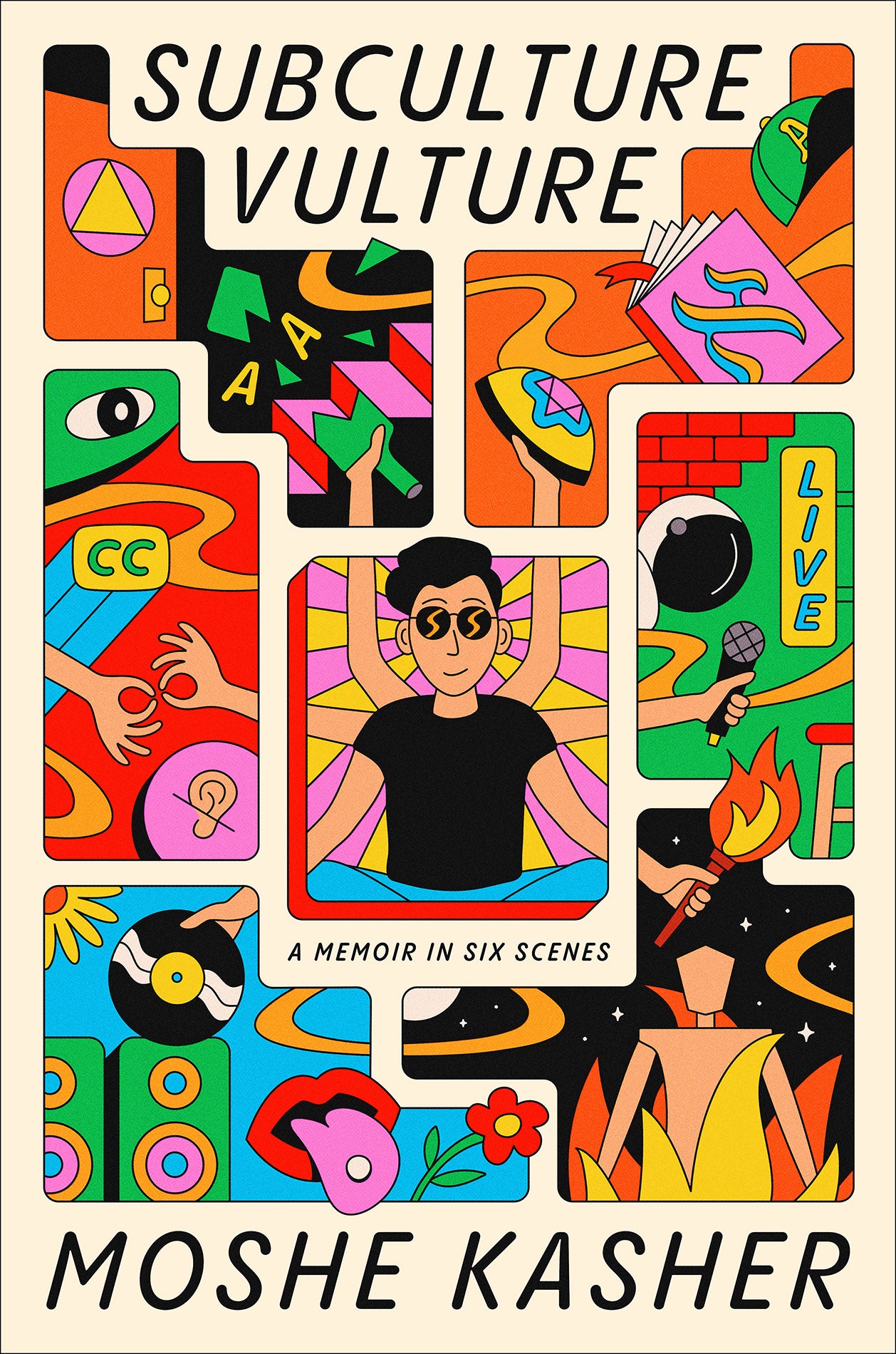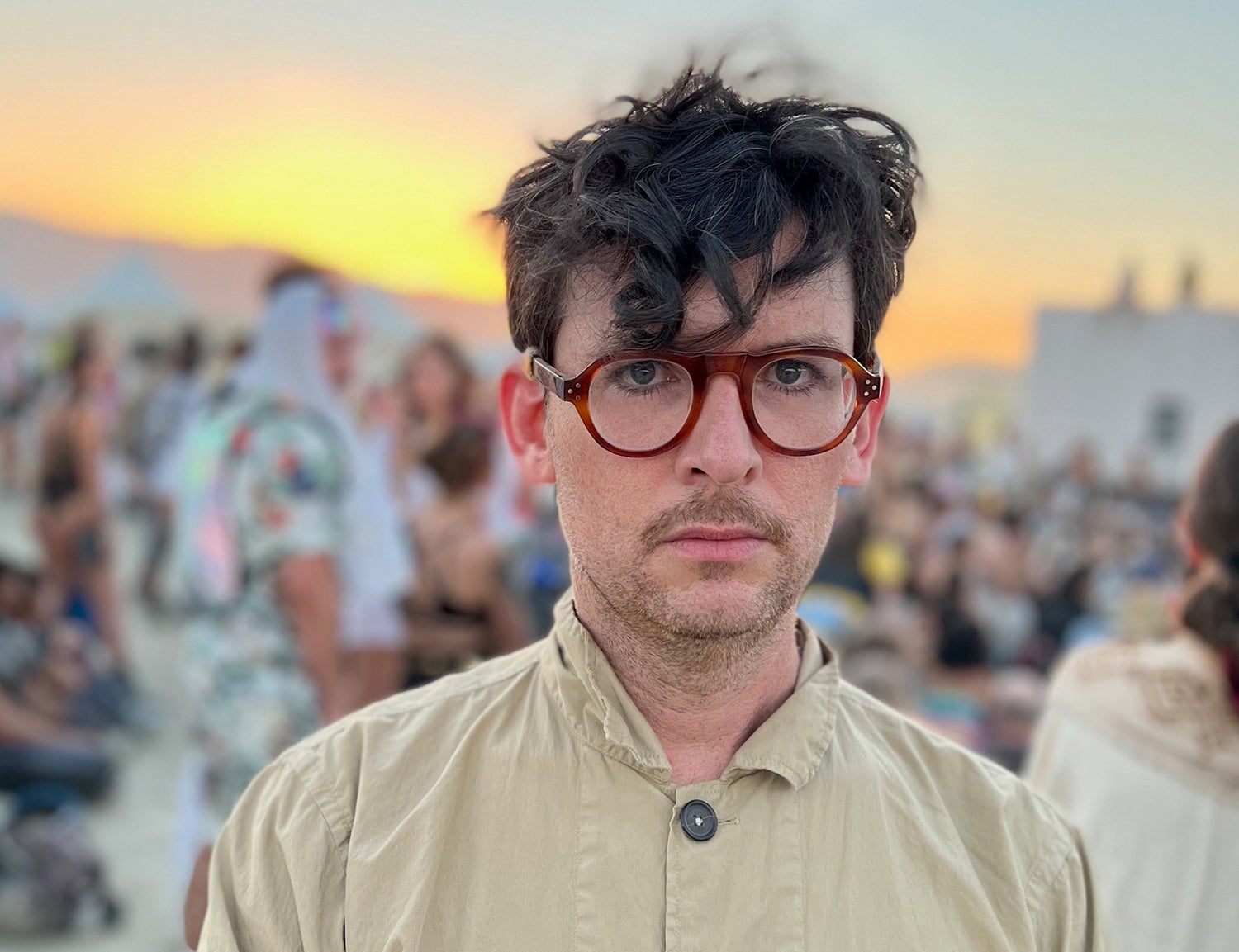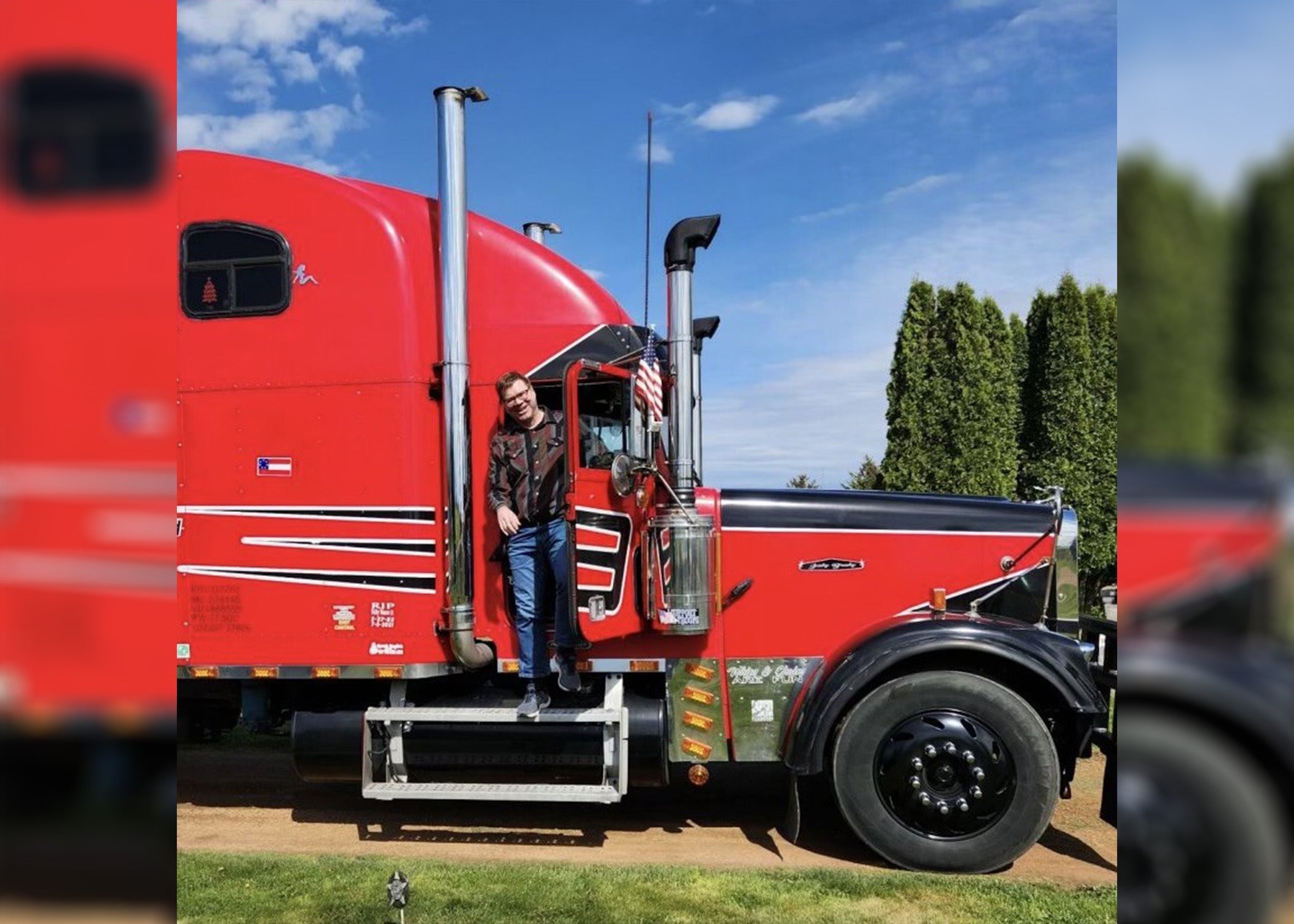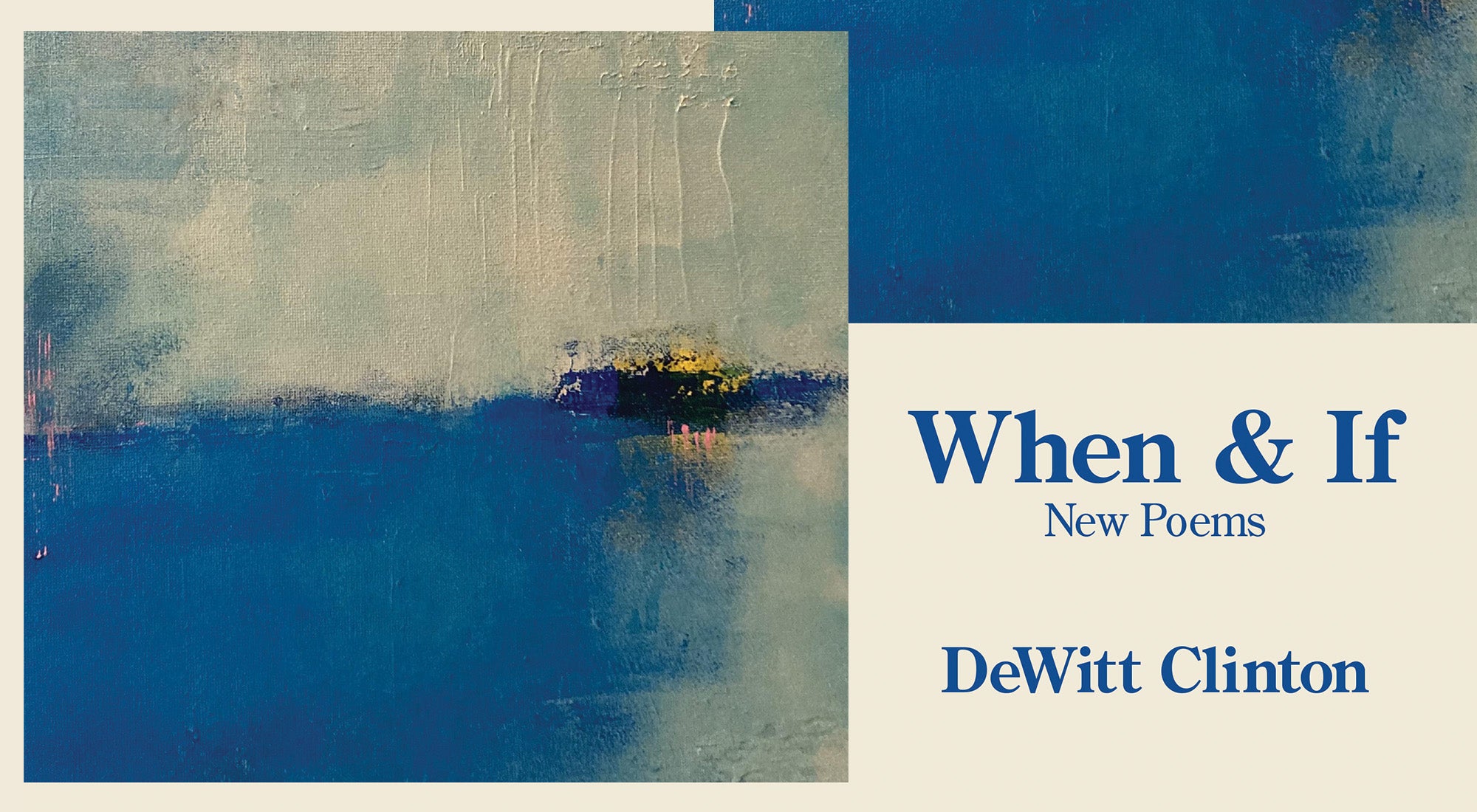There’s an old adage that everyone has a book in them. For comedian Moshe Kasher, he has two. At least.
The Oakland, California, native and stand-up star follows up his first memoir — the cleverly named “Kasher in the Rye” — with “Subculture Vulture: A Memoir in Six Scenes.”
Kasher joked to WPR’s “BETA” that he once thought his stand-up career was the peak of a narcissist’s art form.
News with a little more humanity
WPR’s “Wisconsin Today” newsletter keeps you connected to the state you love without feeling overwhelmed. No paywall. No agenda. No corporate filter.
“Then I found memoir, and that’s even more. Delve into what I’ve been thinking about over the course of 300 pages,” he quipped.
Kasher’s new book is focused on the six subcultures that he says forged him: Alcoholics Anonymous, Hasidic Judaism, deafness and sign language interpreting, stand-up comedy, raves and Burning Man.

Kasher said that although these various subcultures at first seem disparate, they provide a roadmap to his whole self and to his subconscious desire to seek out the people on the fringes of society.
“It was almost like a drug chase of trying to find outsiders that were like me, that would make me feel a little bit less different in the world. So, I think that’s some of the connective tissue. Each of these worlds of people that don’t fit in, but do not allow that not fitting in to allow them to be outcast,” he said.
“Something happened when I joined these worlds. They made me fall in love so hard,” he continued. “I wanted to own them. I didn’t want to be a member of the of the rebellion. I wanted to be a Jedi Knight.”
‘Immense pride to have a deaf parent’
Kasher is once again as moving and hilarious as he was in “Rye,” perhaps no better than when discussing his mother, who’s deaf.
Moshe is frank and raw in his honesty over his embarrassment of her in his childhood. He also jokes that because he was forced to learn sign language for her that he was able to downplay some of his youthful indiscretions.
“Every CODA — that is child of deaf adults — has essentially the same experience, which is a 15-year non-consensual sign language interpretation internship, training program,” Kasher quipped.
“So, I was an interpreter for my earliest memories. And then as I started to get in trouble as a teenager — this begins a truly delicate dance where you can’t fully lie,” he said. “You can’t say, ‘Well, we here at the police department have brought your son in because we think he’s a great guy. And we just wanted to give him a gold star,’ because my mom is an intelligent woman and would smell a rat. But you also can’t give over the full, unadulterated message of what a complete P.O.S. I was.”
But that youthful mischief and embarrassment blossoms into an incredibly touching pride as he watches his mom overcome her obstacles in life.
“There were parts of it that were really emotionally monumental to me. I always felt a fierce and immense pride to have a deaf parent, even when I was embarrassed of her voice or would shrink in the back of the classroom when she would come in, because I knew the other kids would hear the way she talked,” he said. “There was this other part of me that was always unbelievably proud of the woman that she was, and the fact that she never allowed the deficits that the educational system had imposed upon her to hold her back.”
That led Kasher to become a sign language interpreter. And lately, as interpreters become more commonplace at comedy clubs, he has inverted a comedy trope.
“Usually when a hearing comedian has a sign language interpreter to the right of them, what they do is just make the interpreter pantomime dirty words over and over again,” Kasher says. “But I have inverted it. I have had a fun experience of having an interpreter there who doesn’t know I’m a CODA and saying, ‘Isn’t it your job to also speak when I sign?’ And they go, ‘I guess.’ And then I hand them the mic and I sign one of my dirty jokes and force them to say it out loud.”
Youngest person at AA
Kasher is as frank and funny when discussing other subcultures like his teenage stint in Alcoholics Anonymous.
“I walked into this young people’s meeting at 15 years old to realize that I was the youngest person, even at the young people’s meeting. And that was a big issue, because my biggest hatred in the universe was adults,” he says. “I mean, if the Oakland public school system and the Oakland Police Department and my counselors and therapists and my mother and my behavioral intake, diagnostic technicians would all just get off my back and let me steal their money, everything would be fine.”
But, Kasher noticed that unlike most of the authority in his life up to that point, these adults weren’t declaring what was best for him and that kickstarted his sobriety.
“I guess the first revelation was most of the people in the meeting, at least that night, at least at that time in history, weren’t telling me what to do. They were telling me what they did. And with that little, teeny inversion, I was able to get help enough to start my process,” he said.
Surf’s (next) up
Kasher has already identified the next subculture he wants to be a Jedi Knight in, although this one may take a little more time to master. He’s ready to dive into surfing.
“All of these worlds that I operated in, I was able to do that because I had some skills in each of these universes. But surfing — I am very, very untalented. I am an unnatural, which is the opposite of being a natural,” he said. “And for some reason, I keep trying. So maybe I’ve matured a little bit, and I don’t need to get high off of the worlds I embody. Maybe I need to find out what they have to offer me instead of what I have to offer them.”





